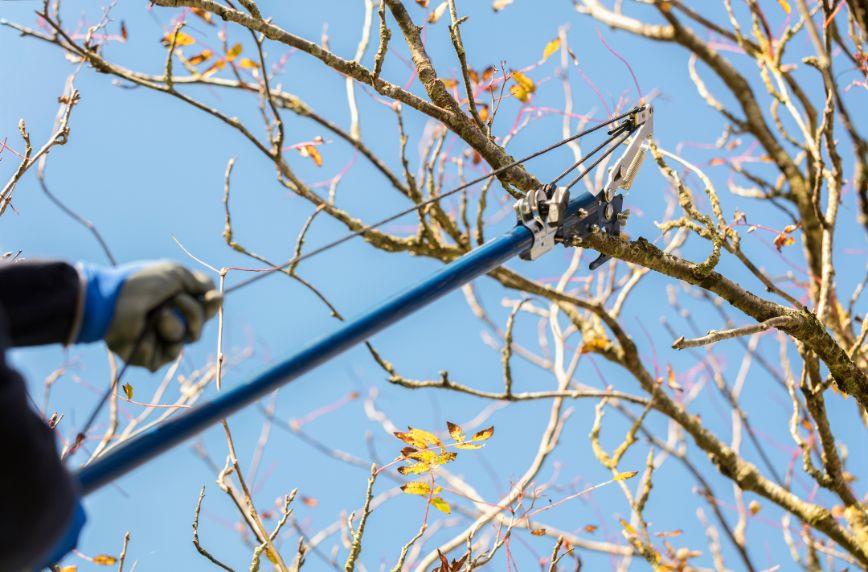When deciding on the aesthetic and functional aspects of your outdoor space, choosing formal or informal landscape styles is a significant first step. Deciding on a type of landscape design can dramatically influence the ambiance, maintenance requirements, and overall enjoyment of your garden or yard. Understanding the distinct characteristics and considerations of each landscape style can guide you to make an informed decision that aligns with your preferences and lifestyle.
Characteristics of Formal Landscape Designs
Formal landscape designs are rooted in tradition, drawing heavily on principles of order, symmetry, and geometric layout. Landscapers meticulously plan these gardens, typically aiming to mirror the structured architecture of the property they surround. There are several key elements that a formal landscape design will typically incorporate.
- Symmetry: Landscapers achieve balance through mirror-image planting beds, trees, and structures.
- Straight Paths: Walkways are direct and purposeful, leading the eye and foot to specific destinations.
- Geometric Layout: Squares, rectangles, and circles dominate, creating a sense of order and predictability.
- Statuary, Fountains, Topiary: Decorative elements such as sculptures, water features, and clipped hedges add visual interest and focal points.
Features of Informal Landscape and Garden Styles
In contrast, informal landscape and garden styles embrace nature’s spontaneity. These designs mimic the natural flow and randomness found in wild landscapes, promoting relaxation and a sense of escape. While all informal landscape styles will differ, there are some common traits that tie them together.
- Curves: Winding paths and curving plant beds lead to unexpected discoveries.
- Mass Plantings: Groups of the same species create a lush, abundant feel.
- Relaxed, Flowing Appearance: The design seems effortless despite the extensive thought that goes into the design.
Factors To Consider When Choosing Your Landscape Style
Deciding on your landscape style requires more than choosing a photo from a magazine. Several factors should influence your decision between a formal or informal landscape.
Climate
Certain designs may be more sustainable or easier to maintain, depending on your local climate. A desert landscape isn’t appropriate in a damp, forested area, and a mountain meadow requires different plants than a Midwestern prairie.
Existing Natural Features, Plants, and Trees
Work with what you have to minimize disruptions to your property’s ecosystem. Decisions about whether to trim or remove trees can significantly impact the look and feel of your garden. What you choose to keep or remove will influence the final message your landscape communicates.
Space Availability
Formal gardens can be as large as the grounds of Versailles or as small as a walled English garden. Decide how much of your property you want to devote to a planned landscape and where you want to leave vegetation untouched to grow in its own way.
Maintenance
Formal gardens require regular upkeep—often provided by paid landscapers and tree trimming specialists—to maintain their neat appearance. Informal gardens, on the other hand, can be more forgiving. You’ll still need to pull weeds, but you won’t spend as much time mowing, trimming, and deadheading.
Your Goals for Your Property
Whether you envision a vibrant space for outdoor entertainment or a low-maintenance sanctuary, your objectives, combined with your local climate conditions and USDA plant hardiness zone, should guide your choice.
Deciding to adopt formal or informal landscape styles hinges on personal taste, practical considerations, and the inherent characteristics of your property. Reflect on these elements to create an outdoor space that not only complements your home but also brings you joy and satisfaction through the seasons.
Are You a Professional?
Requests for your services are coming in left and right. Let’s connect and grow your business, together.


